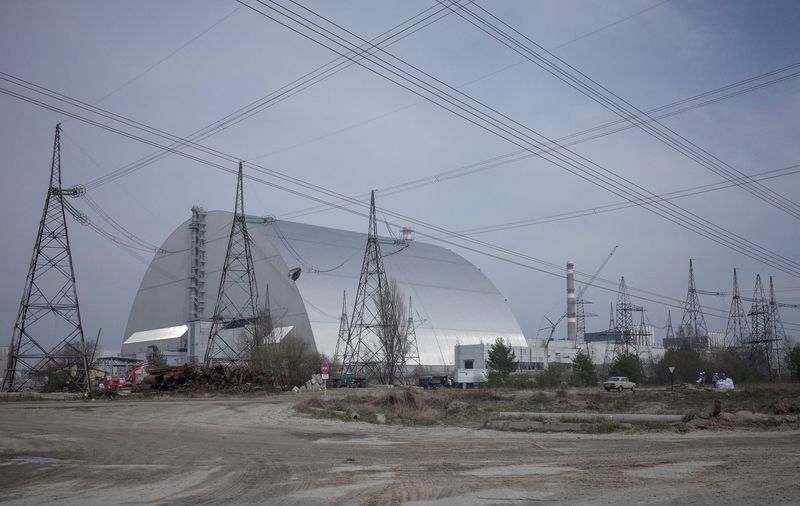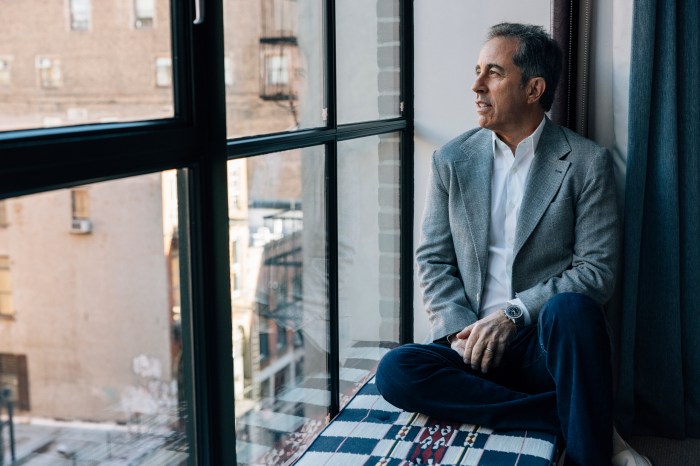PARIS (Reuters) – Ukraine still controls two key nuclear power plants in the south of the country, including Zaporizhzhia, Europe’s largest, but Russian forces are closing in, the acting head of Ukraine’s state-run nuclear company Energoatom said on Thursday.
Petro Kotin, speaking in an interview with Reuters, called Russia’s capture last week of the defunct Chernobyl nuclear power plant “nuclear terrorism”.
Kotin said Russian troops have advanced to within 35 km (21 miles) of the Zaporizhzhia plant and the South Ukraine power plant and that Ukrainian and Russian troops had clashed on Wednesday in Voznesensk about 30 km away.
He said Energoatom had transferred requests to the U.N. atomic watchdog (IAEA) earlier on Thursday through a position paper.
Kyiv asked the IAEA to downgrade its relationship with Russia, and for the agency to help create a 30-kilometre (18-mile) perimeter ban from power plants for Russian forces as well as to push for NATO to establish a no-fly zone over the country, according to the paper seen by Reuters.
The IAEA Direct General Rafael Grossi said the agency is working on providing assistance to Ukraine at the regulator’s request but declined to comment on details.
The IAEA board of governors on Thursday passed a resolution criticising Russia over its invasion of Ukraine and calling on it to let Ukraine control all its nuclear facilities, with just two votes against, diplomats said.
The United States and its NATO allies have rejected Ukraine’s request to impose a no-fly zone over the country, arguing this would lead to direct confrontation with nuclear-armed Russia.
Ukrainian Energy Minister Herman Halushchenko said in a separate interview that he understood that NATO was reluctant, but that nuclear safety was a question that went beyond Ukraine.
“What we want to see is action from the IAEA to raise this issue and discuss this issue and try to (put) some pressure on Russia,” he said. “It’s a war and missiles could come from any direction. We need something more than just a declaration. We need to have some action on this field.”
Russia calls its actions in Ukraine that began on Feb. 24 a “special operation” that it says is not designed to occupy territory but to destroy its southern neighbour’s military capabilities and capture what it regards as dangerous nationalists. Ukraine and the West have dismissed this as baseless propaganda.
PLANT WORKING NORMALLY
Kotin said the Russian troops wanted local forces to surrender so they could take control of the surrounding areas and the Zaporizhzhia power plant.
“The Zaporizhzhia plant is still working normally. There is no deviation from normal operations but consumption during this war has decreased dramatically to only 3 units from 6 working units,” he said of the 6,000 megawatt plant.
Russian forces last week seized the spent nuclear fuel and radioactive waste facilities at Chernobyl, the site of the world’s worst nuclear accident in 1986.
The IAEA has said its staff have since not been able to rotate, something that Kotin said was becoming a psychological strain on them.
A Russian security source told Reuters on Feb. 25 that Russia wanted to control the Chernobyl nuclear reactor to signal to NATO not to interfere militarily.
Kotin said there was no logic to this capture. Since the seizure, Chernobyl had seen radiation levels rise by between 5 to 15 times the usual level – still relatively low – as heavy armoured vehicles stirred up material that had been in the ground for the last 35 years, he said.
“There is no economic benefit. It can only bring trouble to Ukraine, Russia and everybody in the world,” Kotin said. “We ask them to leave this zone and give it back to Ukrainian experts because there could be an ecological catastrophe,” he said.
(Reporting by John Irish; Editing by Frances Kerry)



















